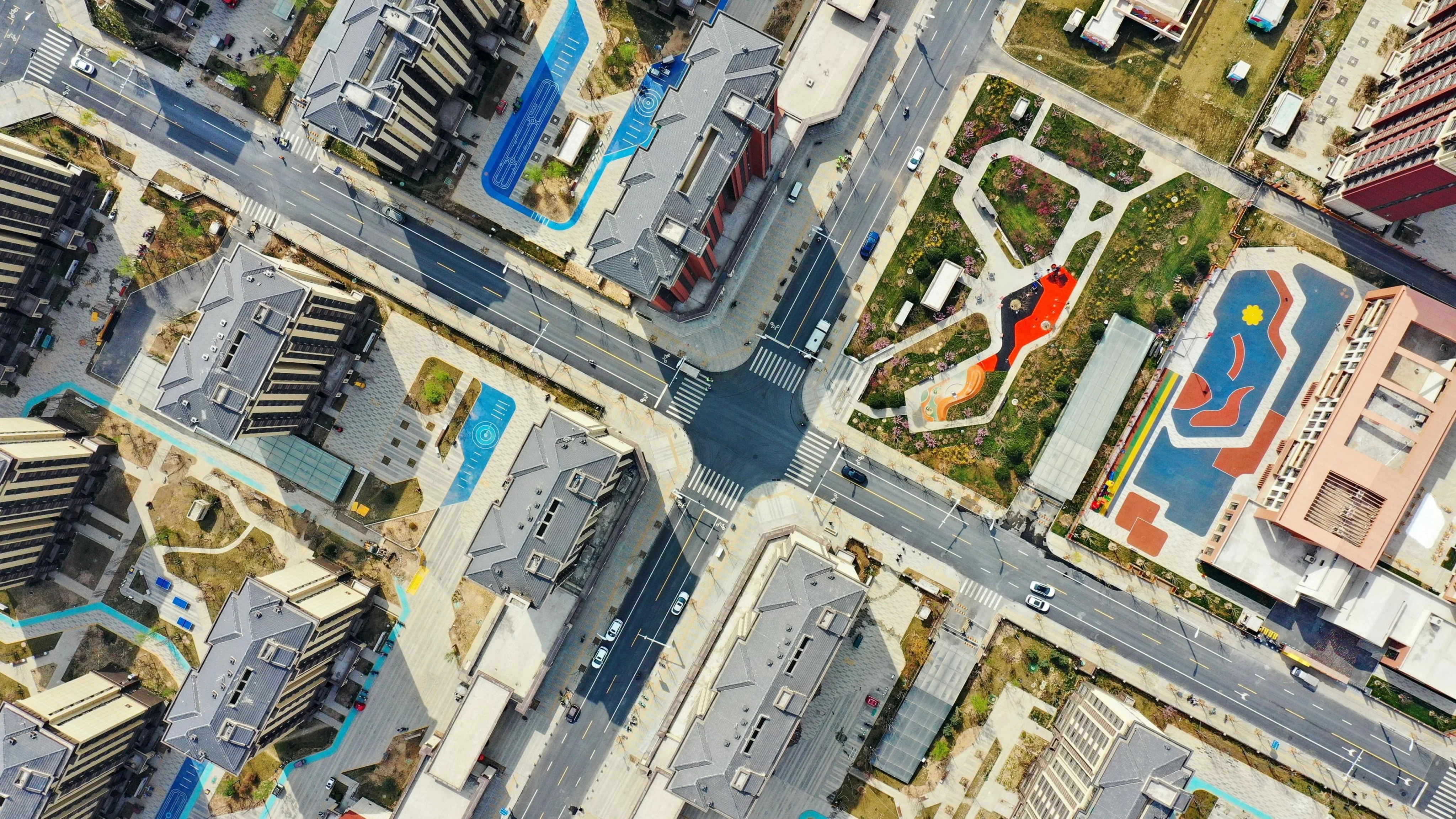Copyright scmp

Xiongan, China’s “city of the future” – a project years in the making, championed by President Xi Jinping – is slowly coming to life, as major state-owned enterprises (SOEs) begin relocating to the new metropolis in Hebei province. Sinochem Holdings and China Huaneng Group are among the latest to officially relocate their headquarters to Xiongan this month, each bringing about 1,000 employees, according to local authorities. They join other SOEs like Beijing-Tianjin-Hebei Railway Company, which also moved in October, and China Satellite Network Group, which relocated its headquarters last year. China Telecom has also built an industrial estate in Xiongan, with parts of the facility operational since May 2024. Designed mainly for R&D and office use, it will eventually accommodate about 6,000 employees working simultaneously. Launched in 2017, Xiongan New Area, southwest of the capital, is part of broader efforts to coordinate development in the Beijing-Tianjin-Hebei region. That same year, Xi called the area’s planning and construction a “strategy of major historical significance” and a “historical initiative”. Officials hope the city will relieve Beijing of some non-capital functions and ease congestion, while the SOEs that have relocated there are now drawing more investment and people – though the 100km (62 mile) distance from Beijing poses challenges for staff. More than 835 billion yuan (US$117.2 billion) has already been invested – a sum that might be starting to bear fruit. Once dismissed by some critics as a “ghost city” for its vast, empty infrastructure, Xiongan is quietly stirring to life. A local taxi driver in his 50s said he had noticed a slight uptick in the number of people over the past year. “There are more cars on the road during the morning and evening rush hours,” he said, though traffic remains sparse during the workday. At the science park – one of Xiongan’s most developed hubs, reportedly home to about 200 companies – employees streamed in and out of office buildings at lunchtime on a recent weekday. Delivery drivers wove between a scattering of parked cars, signs of a fledgling community taking root. Alvin Gong, a native of the area who worked in Beijing after graduation, returned home in October to start a new job with an SOE. “Since I wasn’t going to settle down in Beijing permanently, I wanted to come back after the New Area was established,” he said. Gong prefers the quieter, slower lifestyle to the long commutes and fast pace of the capital. “There are also more opportunities here now,” he added, noting that several of his colleagues have also relocated. To smooth the transition, local authorities support companies and staff with customised bus services, school transfers and accessible housing policies. Beyond rental allowances, property purchases are simpler than in major cities, with fewer barriers and a vow to prevent speculation. Employees of relocated enterprises can qualify to buy homes after working in Xiongan for just one month or one year, depending on the company – far less stringent than Beijing’s strict residency and tax contribution requirements. Beijing residents can also withdraw provident fund contributions to rent or buy in the new city, where housing is much more affordable. Despite these incentives, many employees continue to commute between the two cities, reluctant to sacrifice the capital’s convenience, vibrant lifestyle and established public services. Frank Li, who began working for an SEO in Xiongan in July, initially travelled about two hours each way while his wife and one-year-old baby remained in Beijing. Like many commuters with families, his top concern is ensuring his child has a quality education. “My child has access to immediate and richer resources in Beijing, such as medical care, education and museums,” Li said. “But here, you can’t see them yet. I can’t just move him here right now and gamble on him going into something so uncertain.” Xiongan currently has only three pre-tertiary schools and one hospital. The government is aggressively developing infrastructure and services to meet future demand, but completion is years away – a deal-breaker for some young families. Several major hospitals have begun or plan to develop city branches, while four Beijing-based universities are building campuses – though the earliest is expected to open in 2027. Five more have finalised locations for new campuses and are drafting plans. Worn out by his long commute, Li eventually rented a flat in Xiongan for weekdays. But isolated from his family and with few opportunities to socialise, he soon began to feel the strain. Li is now considering moving back to Beijing – though that would require changing jobs. “I realised I was too optimistic in estimating this long-distance lifestyle,” he said. “As a new father, I feel like I’m missing out on too much of my child’s development.” The unnamed taxi driver, however, remains optimistic. “Xiongan is not built all at once. Like the young trees planted here, the city is still growing,” he said. “But in 10 years, the changes will be earth-shattering.”



